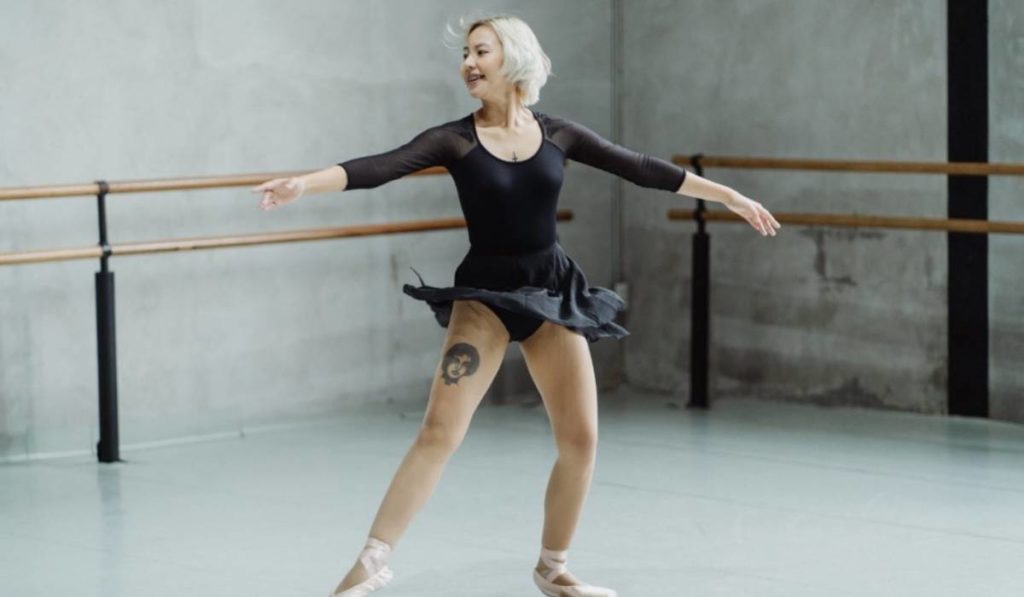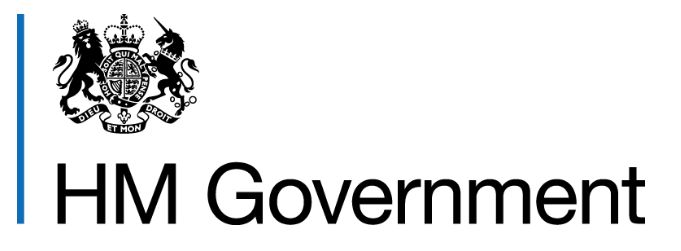Imagine you are a creative freelancer at the start of lockdown. You have been building your business over the past few years and you know how to meet new market demands, but the dance studios, art galleries and community centres are now entirely closed. What do you do?
Through working with Tower Hamlets Borough Council on their Creative & Cultural Futures programme which provides grants and support for creatives, we’ve heard a variety of pandemic survival stories from different freelancers, sole traders, and small business owners. In sharp contrast to the controversial messages disseminated by the government during March 2020, many creatives have stuck with their careers. The government’s much criticised advertisement about Fatima, the dancer whose ‘next job could be cyber’ sparked social media commentary for due cause. Artists contribute £10B to the UK economy each year according to Arts Council England1, and, as articulated by the Equity Trade Union’s Charlotte Bence to the Guardian, ‘’freelance workers deserve better than patronising adverts telling them to go and work elsewhere2’’.
Many creatives have made important pivots during the pandemic to adapt to a changing environment
Truly, the creatives participating in the Creative & Cultural Futures (CCF) programme have stuck with their careers and, in many cases, made important pivots during the pandemic to adapt to a changing environment. They were largely without grant or loan support for their business pivots, as many of the government’s pandemic goodies went to initiatives that, intentionally or not, excluded creative freelancers. For example, some initiatives required business rates information, meaning only businesses with taxable non-residential properties could benefit. Most freelancers do not hold commercial properties.
Participants signed up for support and grant funding so far include photographers, composers and tattoo artists! We are meeting a wide range of freelancers who are interested in support, and together, we hope to help get East London’s creative businesses back on track post-lockdown.
One CCF participant, Peta Cornish, made especially effective tactical changes to her business during the pandemic, and continues to benefit from professional growth opportunities today, particularly with help from this programme. Before the pandemic, Peta was coaching individuals and running in-person workshops for schools, charities and big businesses. Peta’s business is in coaching for communication, presentation and pitching skills; she addresses areas ranging from breath to voice to mentality, enhancing speakers’ confidence, authority and impact.
Seizing the pandemic environment as an opportunity to make online sessions just as impactful as in-person sessions had been
However, her model and plan have undergone significant changes to adapt to today’s climate. She has moved most of her services online and, with fewer acting commitments, she has found more time to complete research and professional development. Peta seized the pandemic environment as an opportunity to make her online sessions just as impactful as the previous in-person sessions had been, and, in what she calls a ‘snowball effect’, Peta saw an increase in customers.
Certainly, the pandemic has been a difficult time for Peta; although many start-up programmes exist, these are largely for tech-based businesses, and Peta considers her work to be more creative and philanthropic. Moreover, Peta notes the government grants that became available during the pandemic were usually unsuitable for creatives like herself. ‘’There was no support for small coaching businesses or creative endeavours,’’ she says.
The Tower Hamlets Creative & Cultural Futures programme provides business and pivot support in response to the pandemic
With the Tower Hamlets Creative & Cultural Futures programme, Peta is receiving business and pivot support in response to the pandemic for the first time. Peta will be using her grant to become a certified coach, which she explains will give her the accreditation she needs to move her career forward. She anticipates the certification will increase trust among her clients—individuals and businesses who have previously asked about her training and who want to understand the solid grounding of her current specialty.
Sadly, job losses have been sustained over the past two years, but we hope to leverage the Tower Hamlets Borough Council programme to put creatives back into the swing of their craft in 2022. We sincerely hope that through the support delivered in this programme, East London’s beloved arts & creative scenes will continue to thrive.
Find out more about the Tower Hamlet Borough Council’s Creative & Cultural Futures programme here.
Follow this link to Peta Cornish’s page to learn more about Peta, or find information about her pitch coaching here.
1 & 2: Government scraps ballet dancer reskilling ad criticised as ‘crass’ | Culture | The Guardian




